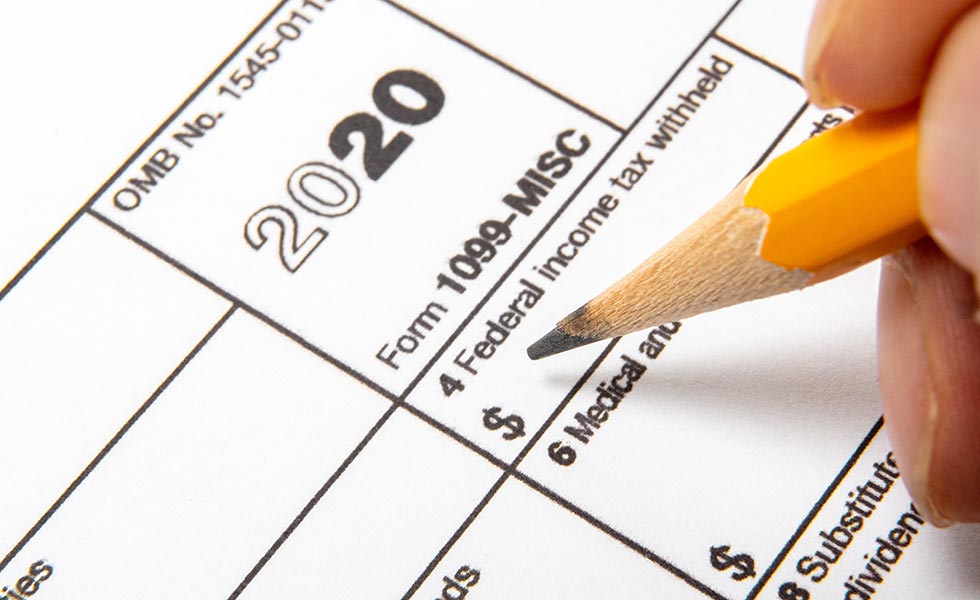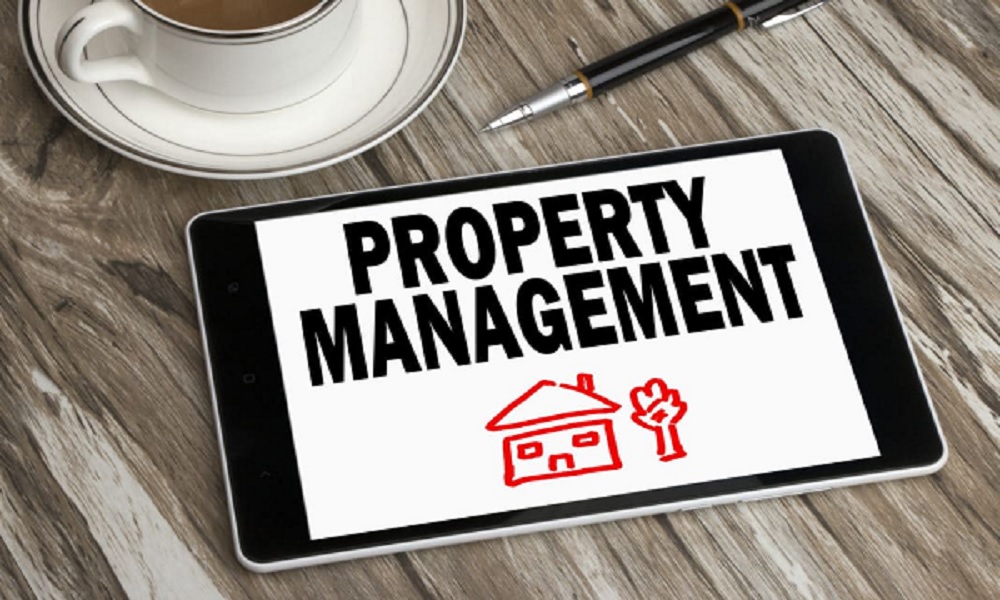For the individuals who make rental income, the 1099-MISC form is crucial paperwork. The IRS tracks income beyond conventional work utilizing this form under the 1099 series. Staying current with tax prerequisites rely upon landowners knowing how rental income ought to be recorded on a 1099-MISC rental income. The 1099-MISC form plays a significant role in disclosing rental income; here the essential knowledge that landowners need to ensure accurate tax reporting.
What is a 1099-MISC Form?
One of numerous 1099 forms that archive several sorts of income—lease, royalties, and freelance work—the 1099-MISC is Assuming land owners achieve explicit income levels, the individuals who get rental income from companies or tenants could have to report this form to the IRS. Usually used to show income handed out by one party to another, the form also reports money generated beyond conventional work on account of rental property.
When is rental income reported on a 1099-MISC?
If a landowner gathers $600 or more in lease from a company during the tax year, rental income should be reported on a 1099-MISC form. Usually, the landowner doesn’t have to give a 1099-MISC form; however, in the event that the rental income originates from individuals leasing for personal use—that is, for a home lease. To guarantee adherence to IRS regulations, landowners ought to intently monitor all wellsprings of rental income.
How Property Owners Should Use the 1099-MISC Form
A property owner needs to get rental revenue from a company; they need to make sure the payer generates a 1099-MISC form. Usually stated in Box 1 of the form—which is meant for rents—the rental income is After then, this revenue should be entered on the Schedule E of the property owner, which forms part of the personal tax return used to disclose extra income, such as rental income. Avoiding IRS fines and audits depends on all rental revenue being correctly reported.
The 1099-MISC rental income is of great significance for property owners when it comes to reporting the money generated from business rentals. If you are aware of when and how to use this form, you can help ensure that you are in compliance with tax laws and avoid making costly mistakes. As long as they remain organized and up-to-date on the latest tax legislation, property owners will have no trouble accurately recording their rental income and meeting their tax obligations.




